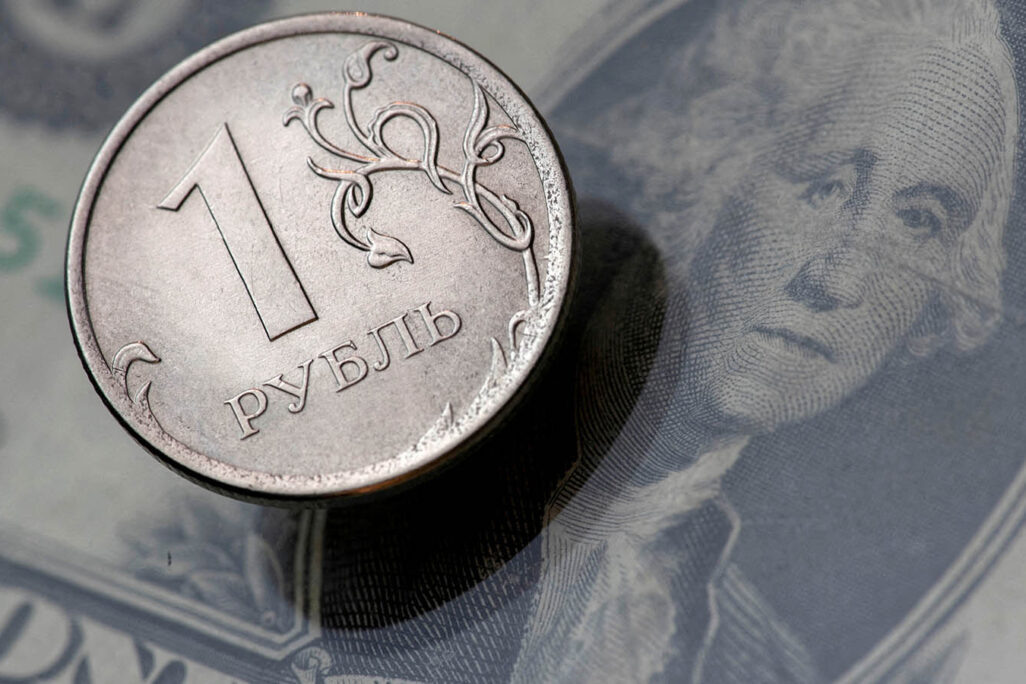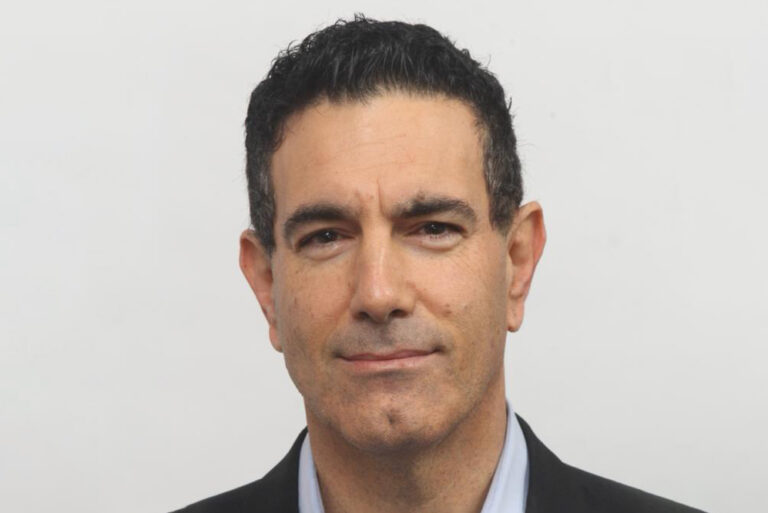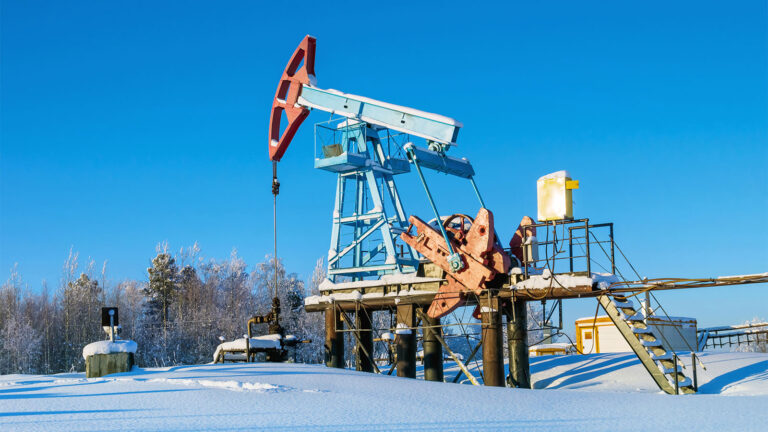
Last week, the United States and European countries imposed harsh sanctions on Russia. At the center of this was a boycott of a number of Russian banks and their exclusion from the SWIFT system. This move, which garnered much attention, is known in some circles as the “economic doomsday weapon.”
Dr. Tal Sadeh, head of the E.U. program at Tel Aviv University and an expert in the global economic system, is of the opinion that SWIFT is a less important step, and the real story is the control of the dollar.
“The exclusion from SWIFT is more a symbolic step,” he explained.
Sadeh sat down with Davar to explain the ins and outs of the current financial sanctions against Russia.
Still, what does it mean [to exclude certain banks from SWIFT]?
“SWIFT is a kind of WhatsApp of the banks of the world that write to each other, ‘transfer me money.’ If you are removed from SWIFT, you need other, more complicated and less secure ways to communicate between the banks. But commerce that is important for the state to do, it will find ways to do. Transferring money will be more cumbersome. It will definitely make transactions more expensive and harm the economy. But it is not a doomsday weapon as it has been made out.”
What more significant sanctions have they begun to enact?
“Removal from the dollar-denominated system means you can not make a dollar transaction. That is, if you transfer dollars in a suitcase, there’s no problem, you paid. But if you want to make a bank transfer, no bank will be willing to carry out this request for you, because the U.S. administration will punish any bank that makes a dollar transaction.”
Does the U.S. control every bank transfer in dollars?
“Yes, every dollar payment needs a bank from America. It is impossible to conduct a dollar payment system without a partner bank in America. In the U.S. banking system, everyone is subject to American law, and they will not agree to make transactions for you.
“It is important to understand that your bank balance is not cash that the bank holds in a safe, but the bank’s commitment that if you want to use dollars, you will receive them. Your bank, in Paris or Israel, has a reserve of dollars in an American bank, and if you request to transfer the money, it performs the transfer for you. If you ask for a few dollars in cash in a suitcase, it will bring it to you from its safe, but that’s only for a small amount of money. Any significant amount goes through an American bank, and it's subject to the laws and sanctions set by the U.S. government. The U.S. Treasury Secretary has a handle on all the dollar movements in the world that are not performed with physical cash.”

Do the Russians have a way around this?
“You can switch to paying in euros, in all kinds of currencies, in Bitcoin and in gold. The Russians have tried a new innovation. They hold more than 20% [of their wealth] in gold, and they can make transfers in gold payments. But gold has high costs and no returns. So there are ways to bypass it, but in the end, 60% of the payments in the world are made in dollars.
“The Europeans have not done something similar with the euro because they have to pay for energy [from Russia.] If they take Russia out of the euro, the Europeans will have to pay in gold, as if it’s the 17th century. They would need to transfer gold bars to the Russian Emperor.”
According to the concept of globalization, the method of payments and currency should be “neutral” to allow free trade. Is there no danger that political use will undermine their place in the world?
“Politicization is definitely undermining [methods of payments and the dollar], but it does not matter that much, because the truth is that there is nowhere to run. Countries like Russia, China, Venezuela, and Turkey have been trying for years to get rid of the dollar and with no success – there is no substitute for the dollar.”
“The Chinese are not only worried about the politicization. They do not like the fluctuations of the dollar even when they are not involved in politics. Some of the purchases that the Chinese are making around the world, which seem a bit puzzling from a commercial perspective, are just in order to distribute risk. They do not know what to do with their surpluses. They want to diversify, they don’t want to be in the dollar. They prefer rice fields in Cambodia, or companies like Tnuva, to distribute the economic and political risk.
“Even though China has made great efforts, it has managed to increase the use of international payments in yuan from 2% to 3%. The Chinese are behind the Canadians and the Australians. The dollar is 60%, the euro 25%, the pound about 6%. If the West is united, there is no way to escape it in the global markets and the payments.”
Similar sanctions have been imposed on Iran, but never on an economy the size of Russia’s. Is Russia’s possible economic collapse a danger to the global economy?
“In terms of the global economy, [Russia’s collapse] won’t be so harmful. Even if the Russians collapse – and perhaps especially – they will still be happy to sell raw materials to the world. Beyond this, they are not in vaccines, not in genetic engineering, not in microchips, not in global payment systems. For the Russians, it is about their mines, their granaries, and their gas. If you compare this with the United States and Canada together, they have vast territories. Those granaries have already won two world wars.
“The U.S. prefers to import raw materials from Russia because it’s economical, and because you don’t want a headache like that in your own backyard. Gold mining, for example, is done with cyanide. There is nothing [essential to the global economy] in Russia, nor in the countries I mentioned prior. If you create a Cold War, you can get by without Russia.

“Once a decision is made to exert financial sanctions, they are imposed in a second. The Europeans and Americans have blocked Russia from the stock market. Russian officials cannot issue bonds in Europe and America. They cannot take loans from banks. But Europeans do not want to be left without gas. They are trying to be surgical in this matter.”
Is Europe more vulnerable?
“It’s all a matter of timescales. It's time for Europe to move to green energy. One of the things that can come out of this crisis is that they will finally realize that we need to get off of carbon and make efforts to move to green energy. Once Europe shifts to green energy – the wind and the ocean belong to all of us – no dictator can control them. This is not a war that the Russians can win in the long run.”
This article was translated from Hebrew by Jonathan Epstein.






